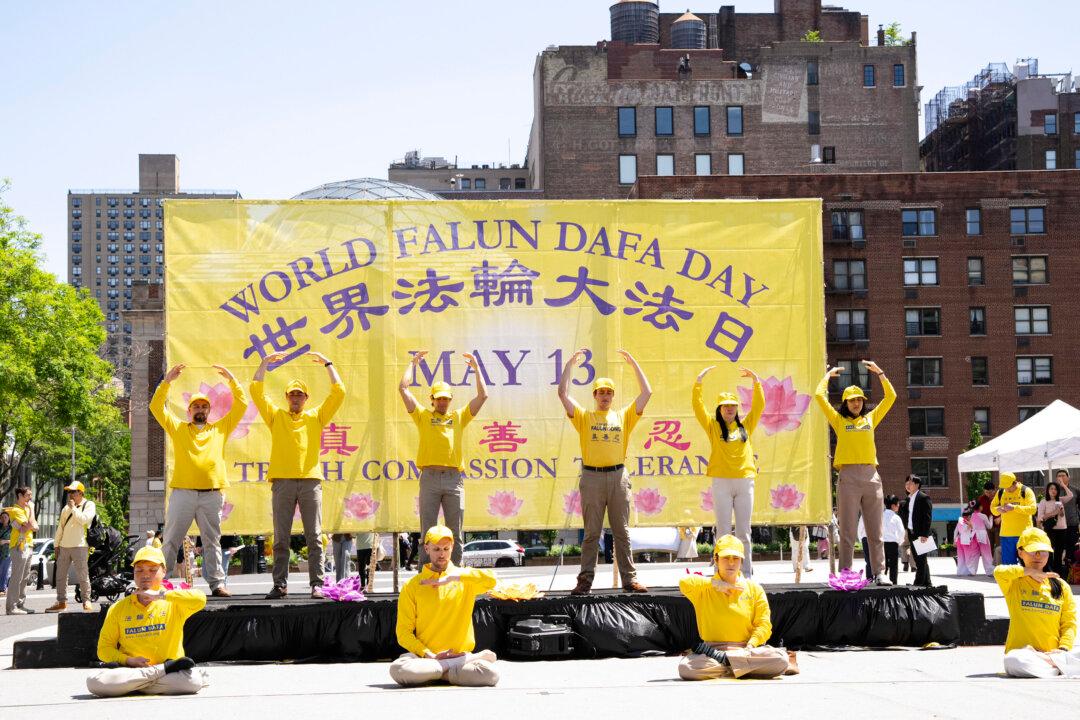The Los Angeles City Council voted on Nov. 22 to approve the so-called Fair Work Week ordinance, requiring retail employers to provide work schedules to employees at least 14 days in advance and to ensure at least 10 hours of rest between shifts.
The ordinance—which will go through a second vote next week—was proposed by Councilman Curren Price in 2019 and had gone through various discussions and edits for the past three years. It will impact an estimated 70,000 workers at large retailers in Los Angeles, according to Price.





